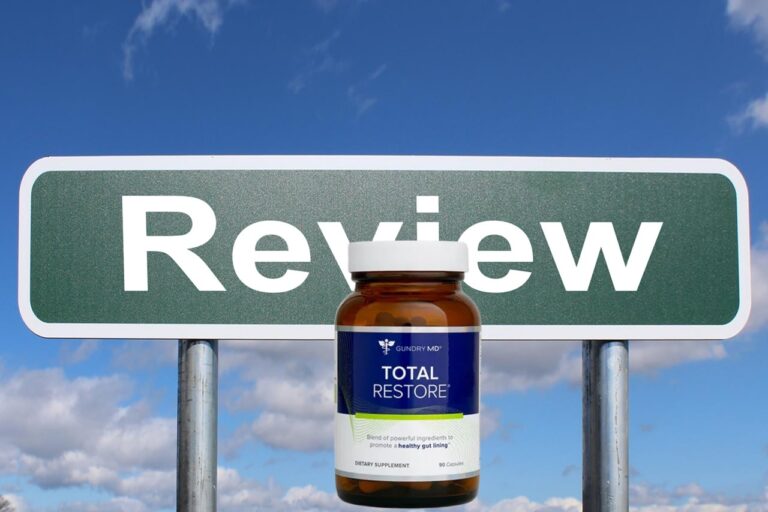
When it comes to gut health, you might hear a lot about probiotics and prebiotics, but do you know how they differ and why both are essential? American gastroenterologists stress the importance of incorporating both into your diet for optimal digestive health. Understanding their unique roles can make a significant difference in your well-being. But what specific foods should you include, and how can you balance them effectively?
Understanding Probiotics and Their Benefits
When you’re looking to improve your digestive health, understanding probiotics can be a game changer. These live microorganisms, mainly beneficial bacteria, help restore your gut’s natural balance.
Research shows that probiotics can significantly alleviate symptoms of irritable bowel syndrome (IBS), like bloating, gas, and diarrhea. You might also benefit from specific strains, such as Lactobacillus and Bifidobacterium, which enhance immune function and may lower your chances of respiratory infections.
Interestingly, probiotics can even influence your mental health by affecting the gut-brain connection, potentially easing anxiety and depression symptoms. Moreover, incorporating Bioma probiotics into your routine can offer a comprehensive blend of prebiotics, probiotics, and postbiotics for enhanced gut health.
American gastroenterologists often recommend adding probiotics to your diet through fermented foods or supplements to promote overall gut health and well-being. Embracing these beneficial bacteria could truly enhance your quality of life.
The Role of Prebiotics in Digestive Health
While probiotics often steal the spotlight in discussions about gut health, prebiotics play an equally vital role in maintaining digestive wellness. These non-digestible fibers act as food for beneficial gut bacteria, promoting their growth and activity.
You can find prebiotics in foods like garlic, onions, bananas, asparagus, and whole grains, which enhance your digestive health. Research shows that a diet rich in prebiotics can improve gut microbiome diversity, leading to better digestive health and overall well-being.
American gastroenterologists recommend incorporating prebiotic-rich foods into your daily diet to support gut health and potentially alleviate digestive disorders.
Plus, prebiotics may help enhance mineral absorption, like calcium and magnesium, contributing to better digestive and bone health.
How Probiotics and Prebiotics Work Together
Probiotics and prebiotics work in tandem to create a balanced gut environment, enhancing your overall digestive health. Probiotics are live beneficial bacteria that help maintain your gut microbiome, while prebiotics are non-digestible components that nourish these bacteria, promoting their growth.
When combined, they form a synergistic effect known as synbiotics, which can improve digestive function more effectively than either alone. American gastroenterologists recommend incorporating both for optimal gut health.
Prebiotics enhance the survival and colonization of probiotics in your gut, making them more effective. A diet rich in prebiotic fibers, like inulin and fructooligosaccharides, provides essential nourishment for these beneficial bacteria, helping alleviate gastrointestinal issues and boosting your immune function. Furthermore, products like Gundry MD Bio Complete 3 utilize both probiotics and prebiotics to support gut health effectively.
Recommended Probiotic-Rich Foods
To improve your gut health, incorporating probiotic-rich foods into your diet can make a significant difference.
Start with yogurt and kefir, as these fermented dairy products are packed with beneficial bacteria that enhance digestion and boost your immune system.
Sauerkraut and kimchi are excellent choices too; they not only provide probiotics but are also rich in essential vitamins and minerals, contributing to your overall nutritional health.
Miso, a traditional Japanese seasoning made from fermented soybeans, also offers a source of probiotics that can help maintain a healthy gut microbiome.
Best Sources of Prebiotics
If you want to enhance your gut health, incorporating prebiotic-rich foods into your diet is essential. Start with garlic, onions, and leeks; these flavorful additions can significantly boost your fiber intake.
Asparagus and bananas are also excellent choices, providing both taste and essential nutrients. Whole grains like oats and barley contribute to a healthier microbiome while keeping you full.
Don’t forget legumes such as lentils, chickpeas, and beans—they’re packed with fiber and protein, supporting digestion.
Jerusalem artichokes stand out as a top source of prebiotics, containing inulin, which helps beneficial bacteria thrive.
Potential Health Benefits of Probiotics and Prebiotics
While many people focus on the benefits of probiotics, prebiotics play an equally vital role in gut health. Probiotics are live microorganisms that can improve gut flora balance, aiding digestion and immune function. They might help alleviate symptoms of irritable bowel syndrome (IBS) and reduce antibiotic-associated diarrhea by restoring disrupted gut microbiota.
On the other hand, prebiotics, found in fiber-rich foods like garlic, onions, and bananas, stimulate the growth of beneficial bacteria, enhancing gut health and mineral absorption. Research shows that a diet rich in prebiotics boosts gut microbiome diversity, linked to better metabolic health and reduced inflammation.
American gastroenterologists recommend combining both for optimal digestive health, as they work synergistically to support your immune system.
Tips for Incorporating Probiotics and Prebiotics Into Your Diet
Incorporating probiotics and prebiotics into your diet can be both enjoyable and straightforward. Start by adding fermented foods like yogurt, kefir, sauerkraut, and kimchi to your meals; these are packed with beneficial live bacteria.
Don’t forget to include prebiotics, found in garlic, onions, bananas, and whole grains, which help nourish those good bacteria. A balanced diet rich in fiber will support your gut microbiome and improve digestive function.
Aim for variety in your fiber-rich foods to maximize prebiotic benefits. If you’re considering supplements or specific food types, it’s wise to consult with a healthcare professional to tailor your approach to your individual health needs.
Enjoy experimenting with flavors while boosting your gut health!
Conclusion
Incorporating both probiotics and prebiotics into your diet is key for optimal gut health. By enjoying probiotic-rich foods like yogurt and prebiotic sources like garlic, you can nourish your microbiome and enhance digestion. This balanced approach supports your immune system and overall well-being. So, make it a habit to include these beneficial foods in your meals, and you’ll be well on your way to a healthier gut and improved digestive health.





